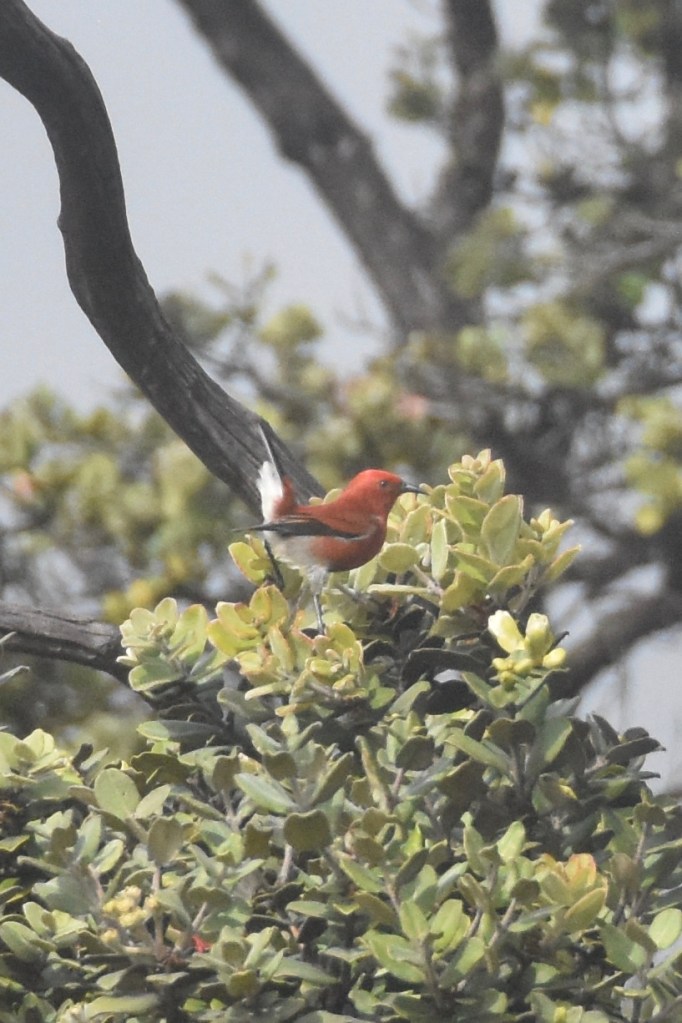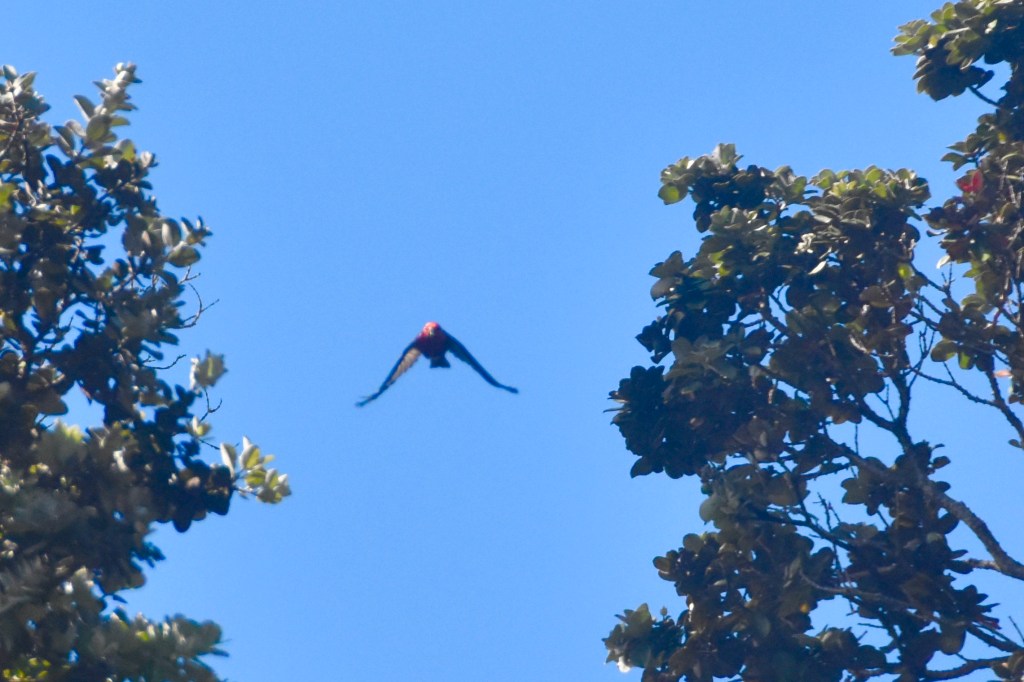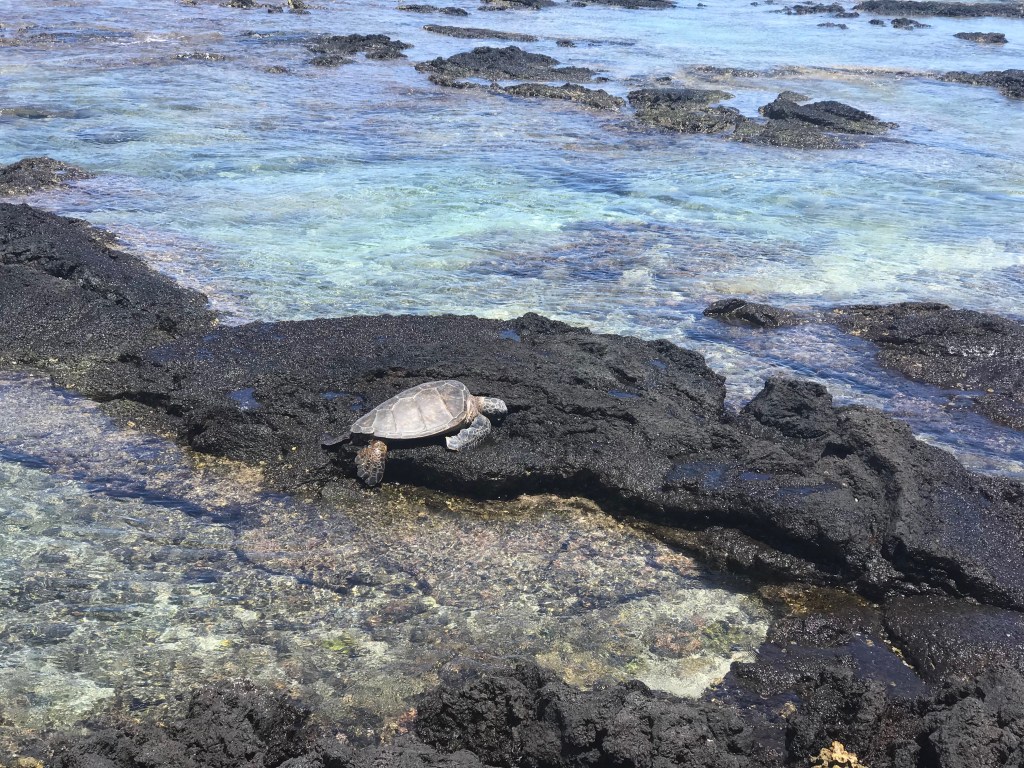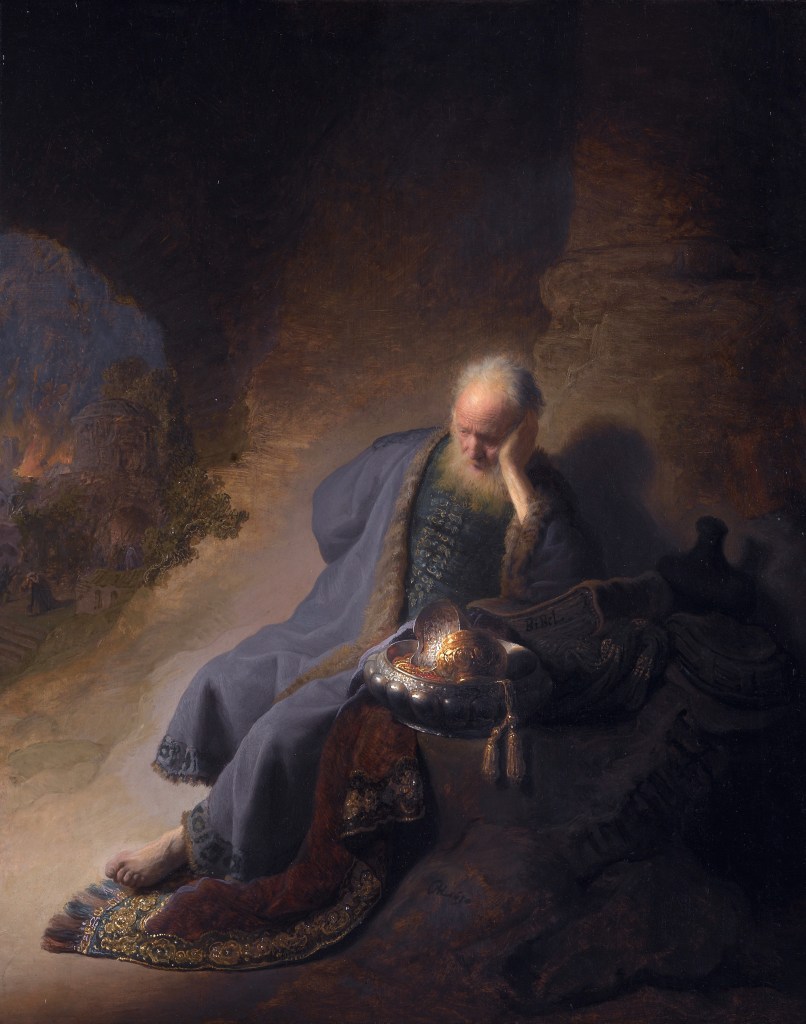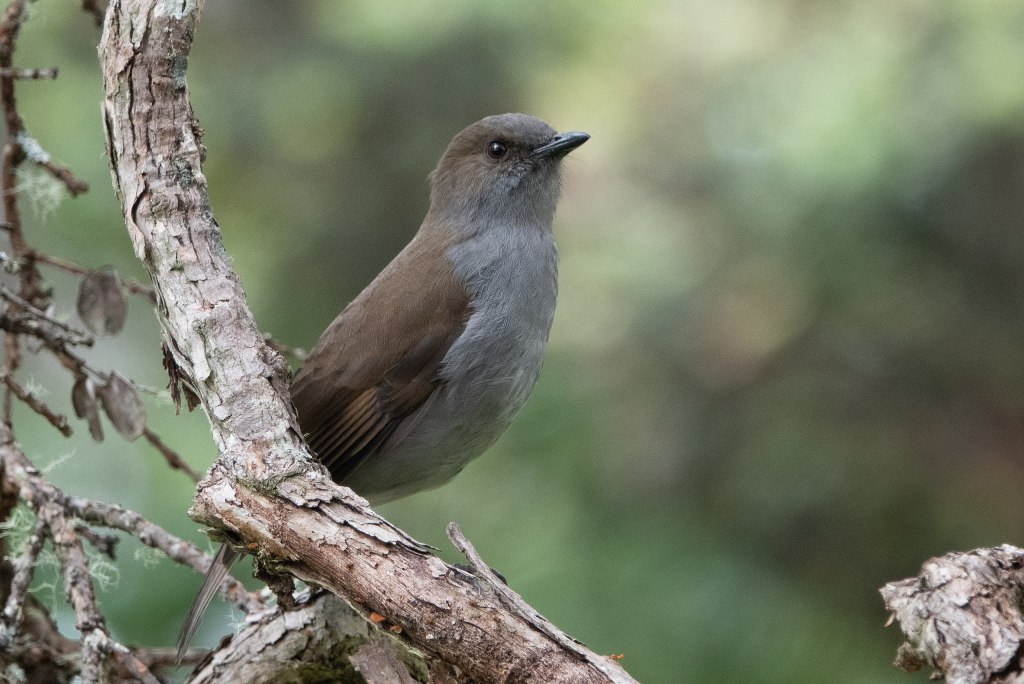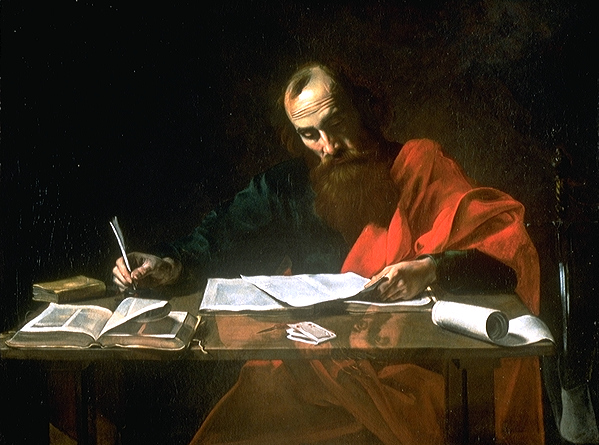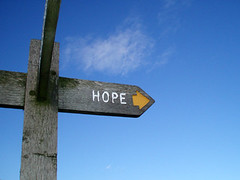
December 3, 2023
1 Corinthians 1:3-9
Mark 13:24-37
The heavy rain this past week put me in mind of some hard rain that fell on some young ‘elepaio. I would guess you weren’t happy about all that hard rain? Well, neither were the ‘elepaio.
I’m getting ahead of myself. Let’s go back a bit.
When the eggs hatched, there were two chicks in the ‘elepaio nest, a brother and sister and within just a couple of days they were constantly hungry, keeping their parents jumping to bring them food. Mother would stay with them while father fetched food, then father would stay with them while mother fetched food. As they got older (and hungrier) both parents would be away finding them things to eat.
One day when both had been away for what seemed like a long time but was probably five minutes (they were both hungry), brother said to sister, “What good are parents?”
“Yeah!” said sister. “Parents are so slow.”
Mother returned to feed them a moment later, and then father, so with their mouths full they said nothing more. But I have to admit that from time to time over the next few days they continued with these complaints when they were hungry.
“What good are parents?”
“Parents are so slow.”
“I’m so hungry!”
And so on.
A little over two weeks after hatching, they spread their wings to fly. They didn’t go far – just a couple branches away – but they didn’t go back to the nest, either. They started gathering their own food from the leaves around them, and their parents continued to feed them on their branch. They continued to complain if it took more than a minute.
“What good are parents?”
“So slow!”
And so on.
That’s when the clouds opened up and the rain streamed down on the ohi’a forest. Even sheltered by the ohi’a leaves, the two young ‘elepaio were soon soaked and cold and miserable.
“What good are parents?” said sister to brother.
“I’m so cold!” said brother to sister.
That’s when mother hopped over to brother and led him toward the tree trunk, where there were more leaves overhead. She got him to crouch down on the branch and spread her wings over him. Father and sister were soon alongside, with father’s wings over sister, keeping her warm as the rain cascaded down.
“Parents are the best,” said sister to brother.
“They’re right there when you need them,” said brother to sister.
I’m afraid not all ‘elepaio parents are right there with their chicks, or all human parents with their children – it’s not just rain that makes the world an uncomfortable place. What I can tell you is that God is always there when you need, and we shelter beneath God’s wings when it’s wet, and cold, and dark in the night.
by Eric Anderson
Watch the Recorded Story
I write these stories ahead of time, and tell them in worship from memory. Memory plus… re-creation. What you read and what you hear will not be the same.
Photo of an ‘elepaio by Dominic Sherony – Hawaii Elepaio (Chasiempis sandwichensis), CC BY-SA 2.0, https://commons.wikimedia.org/w/index.php?curid=52150179.
